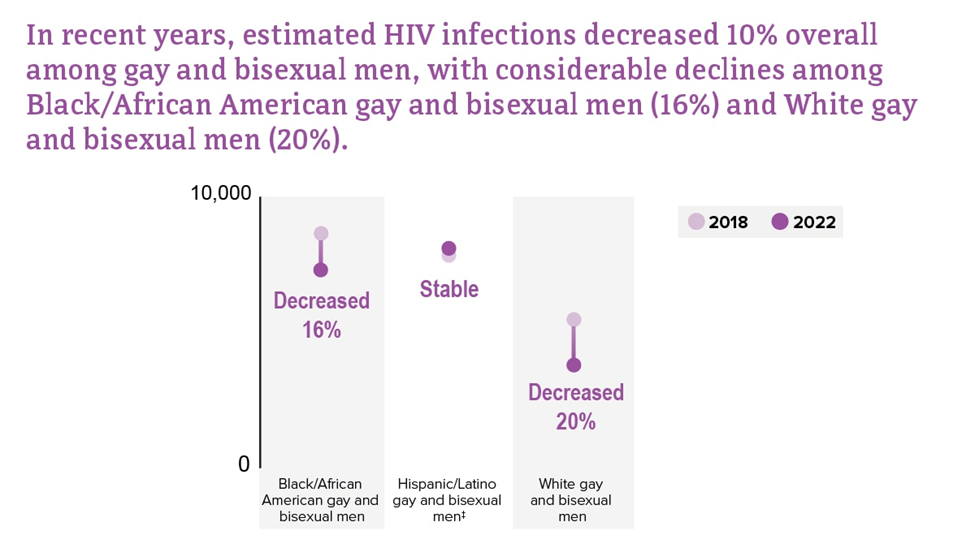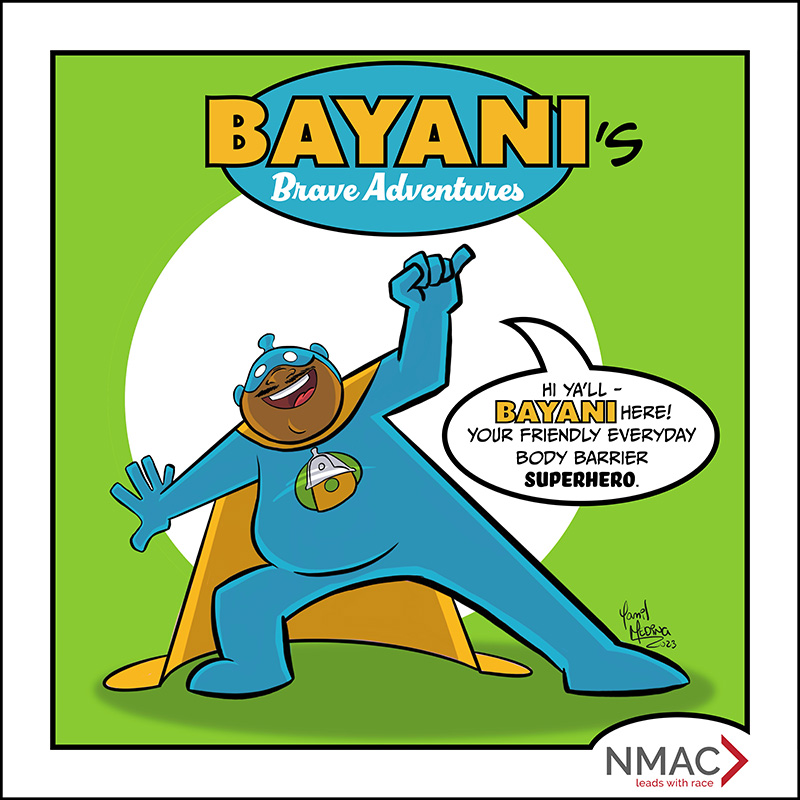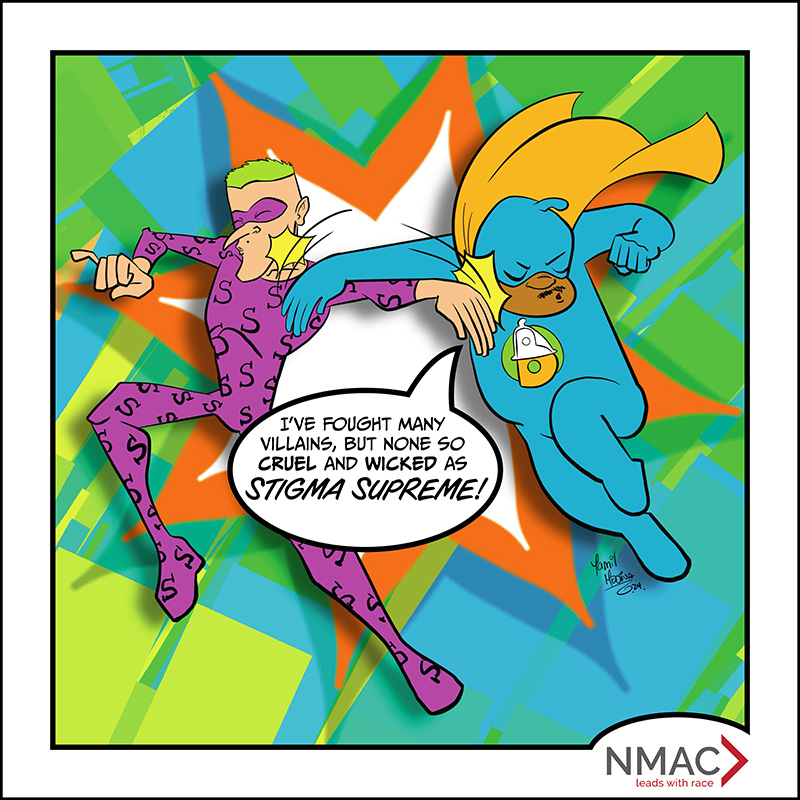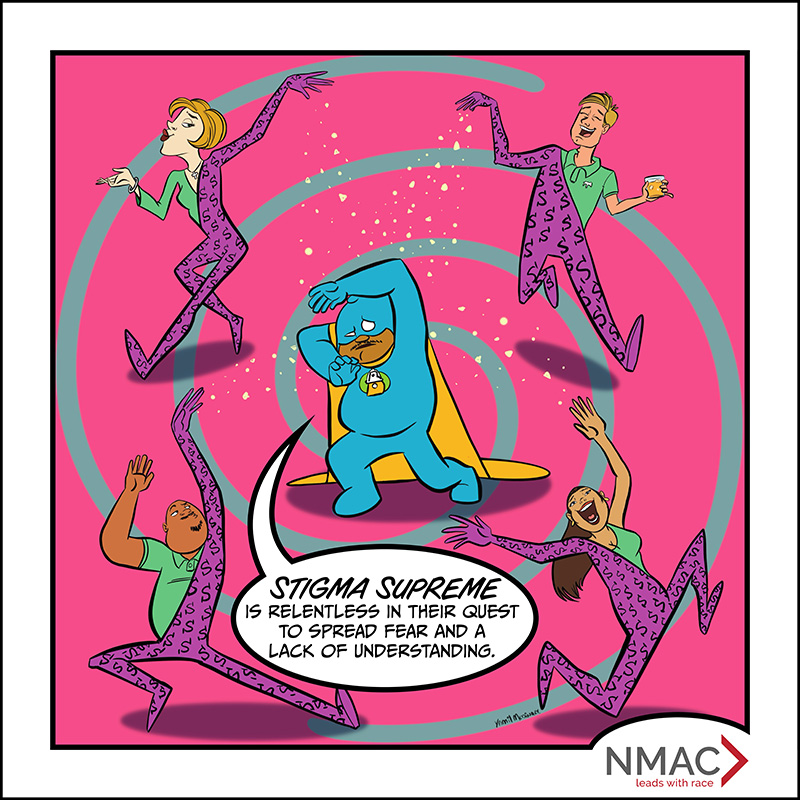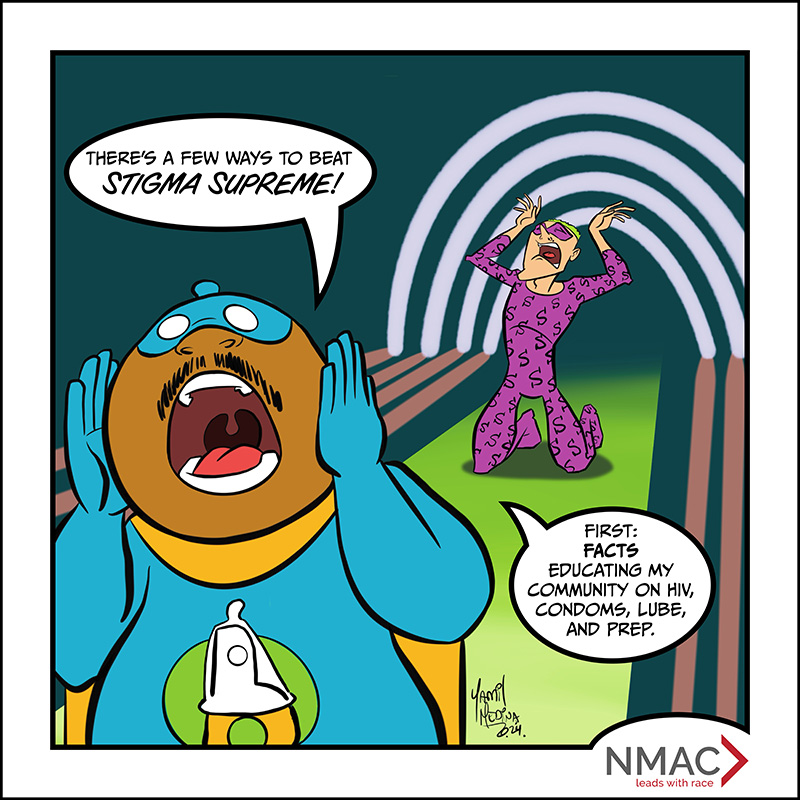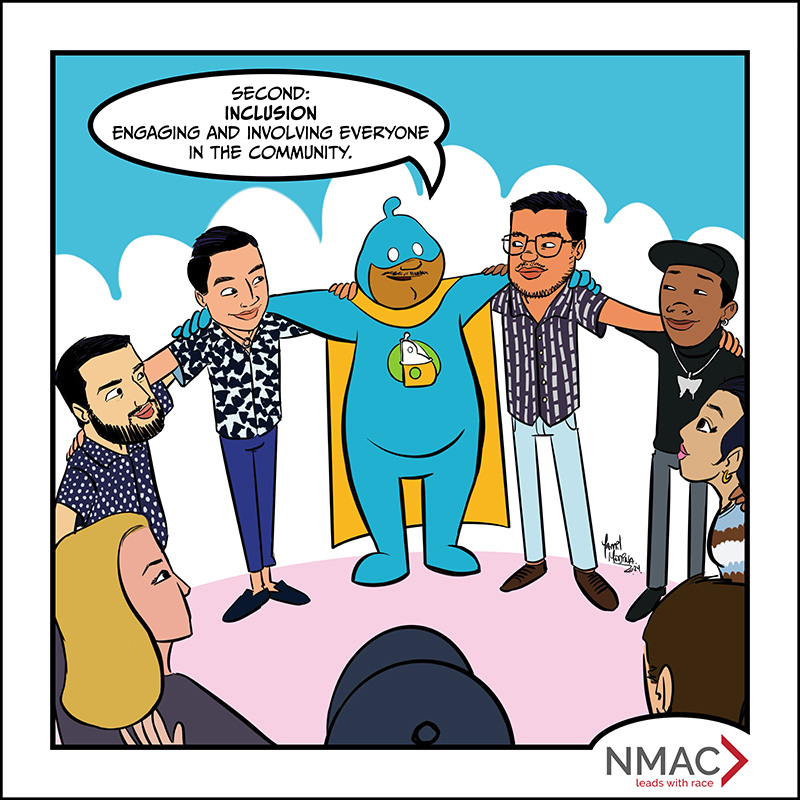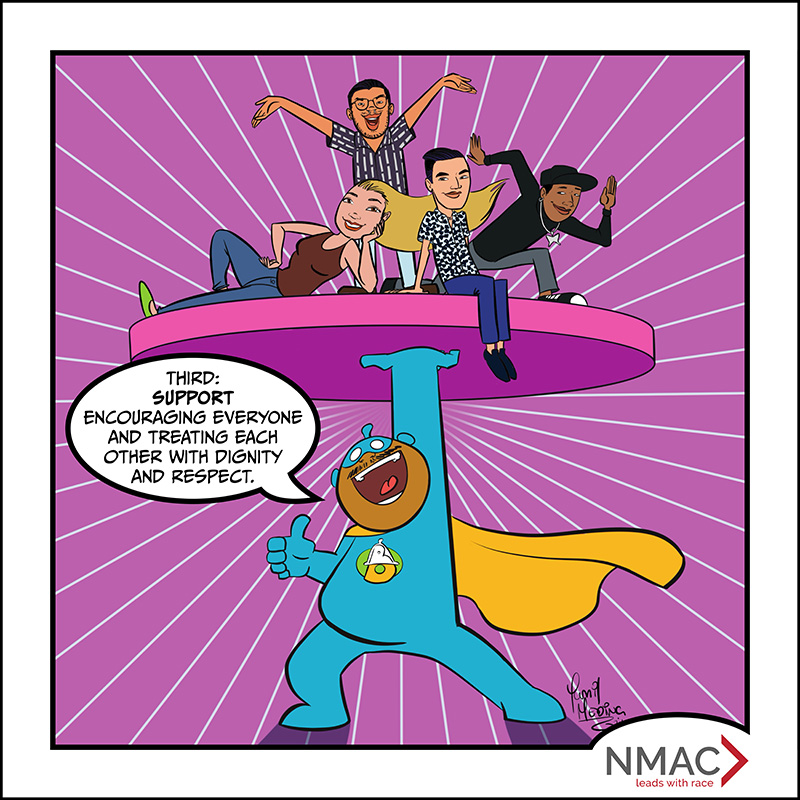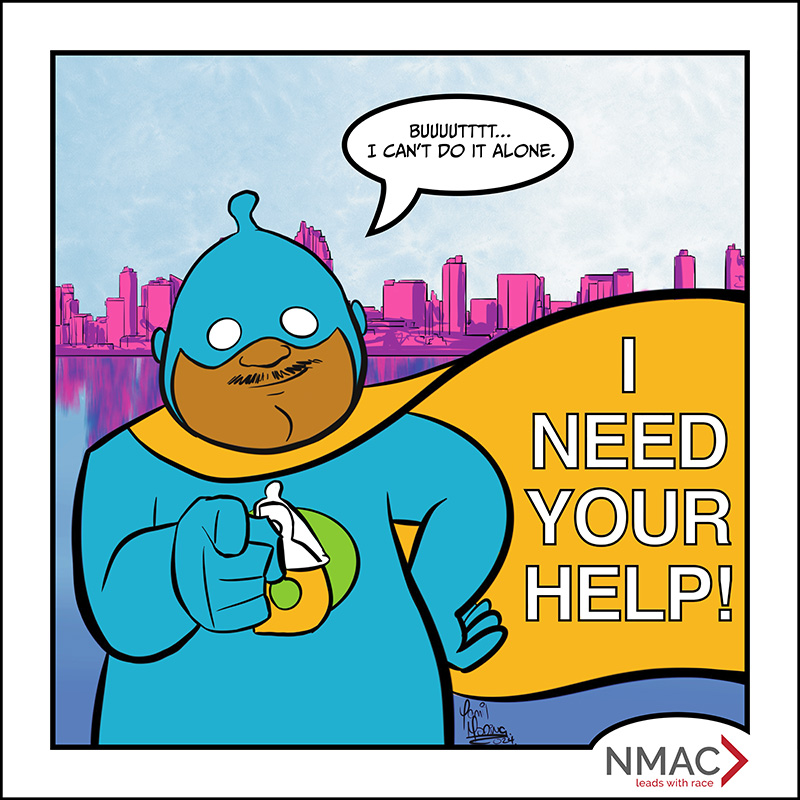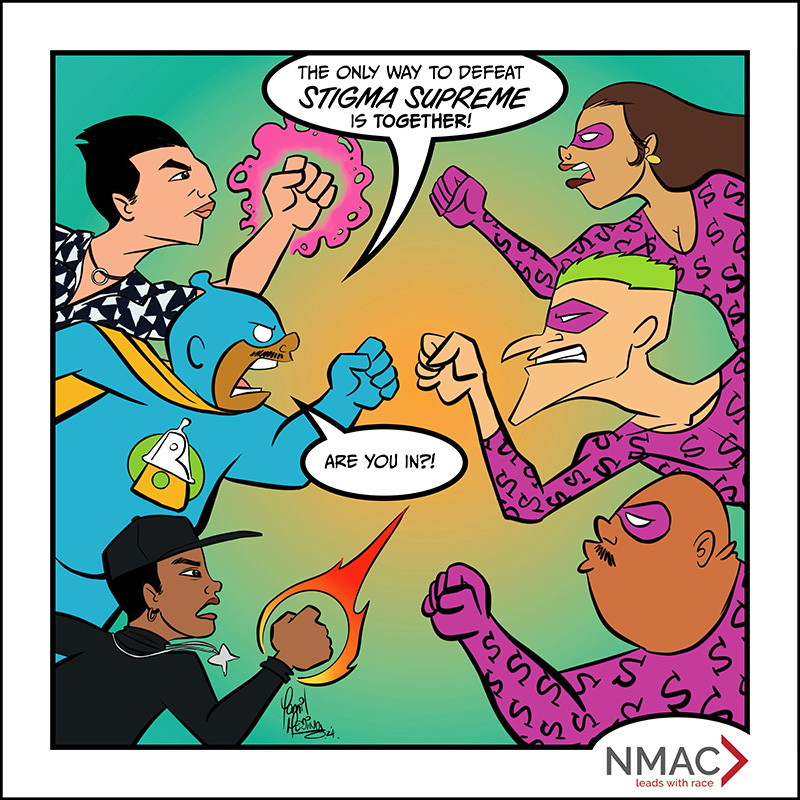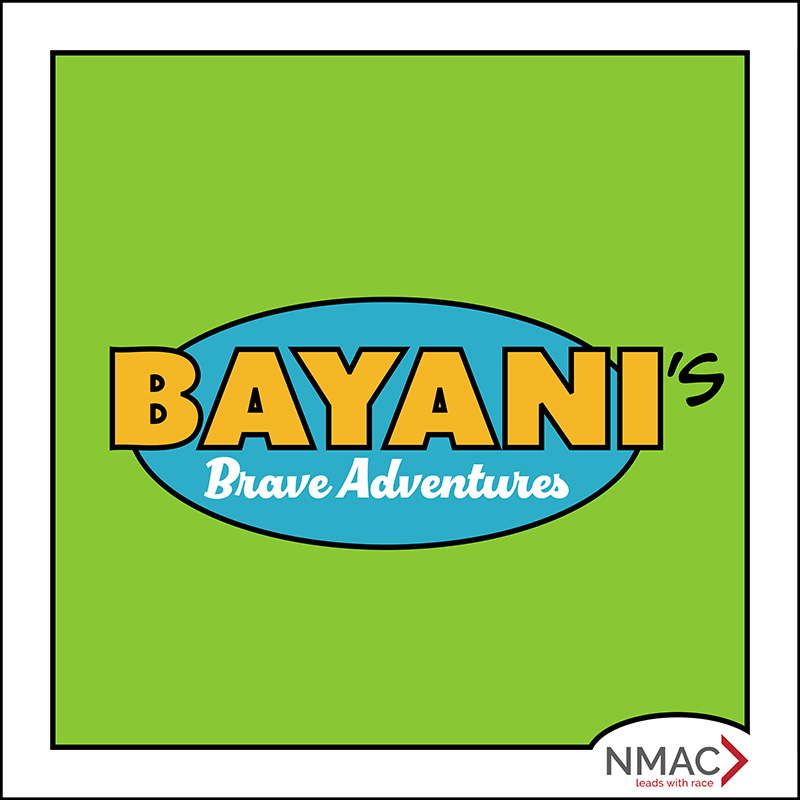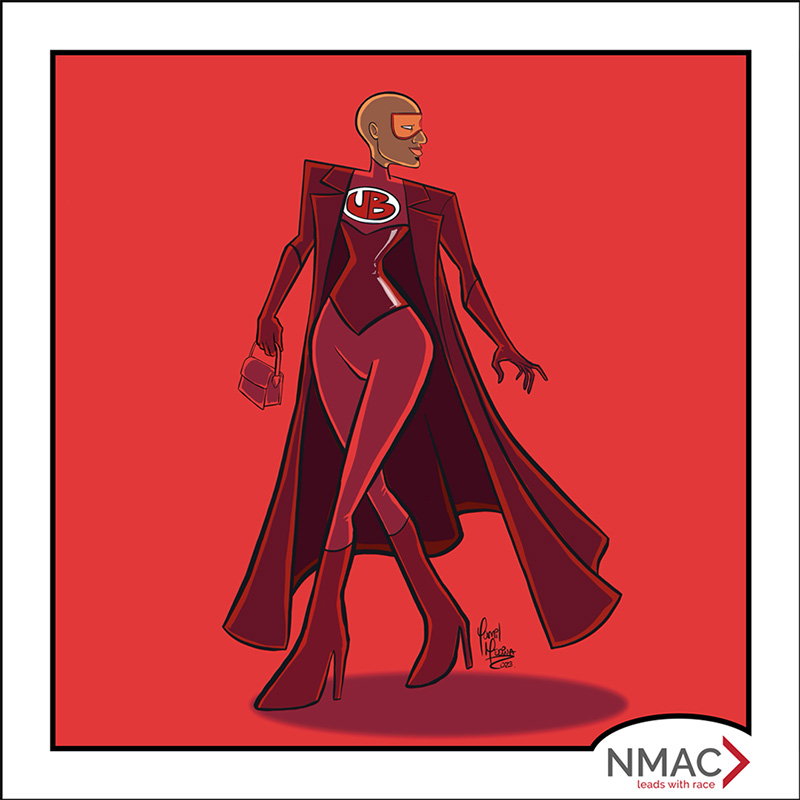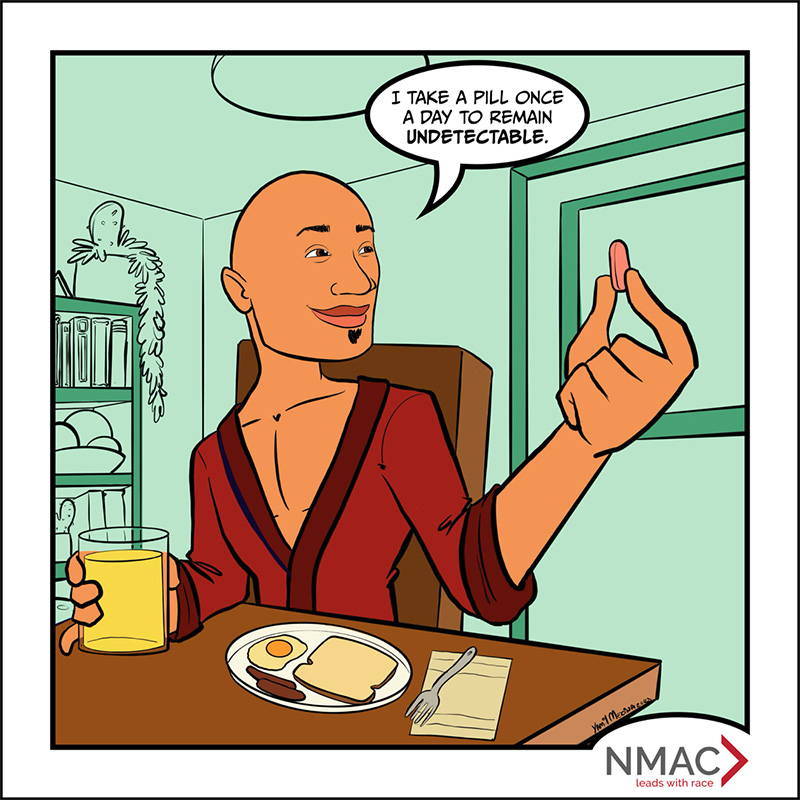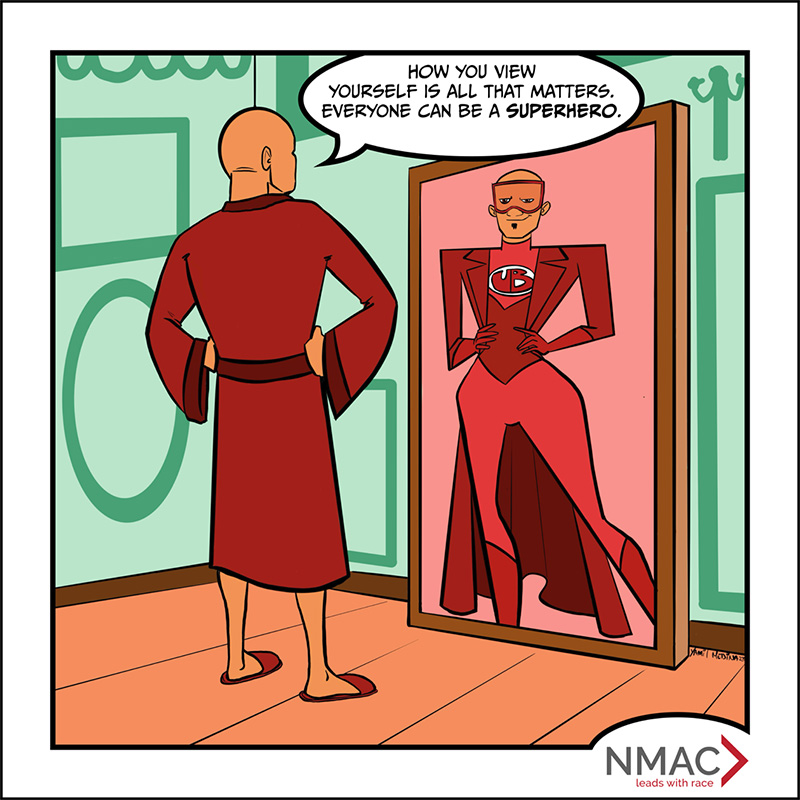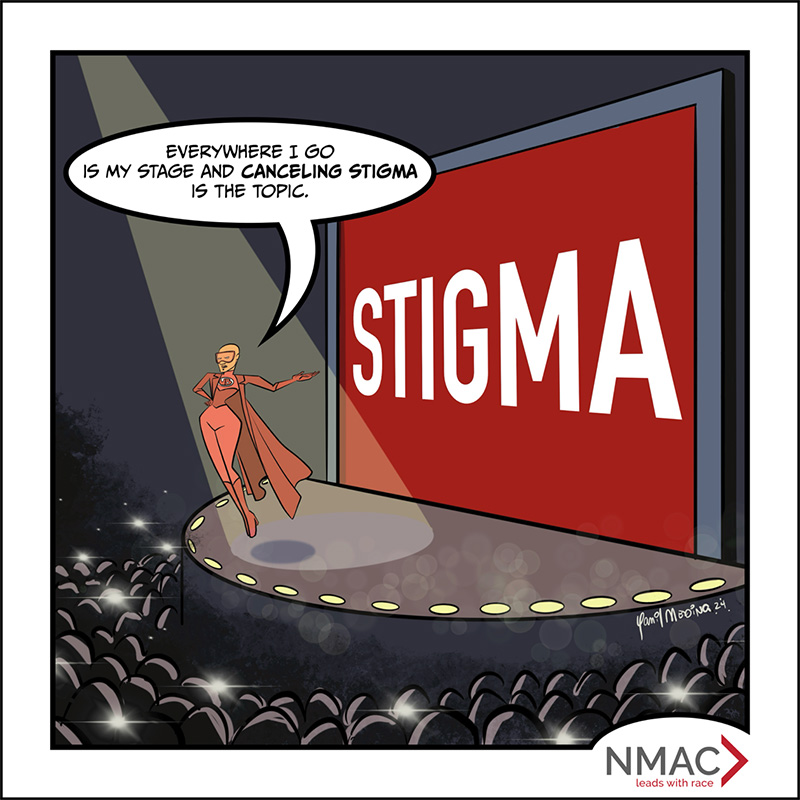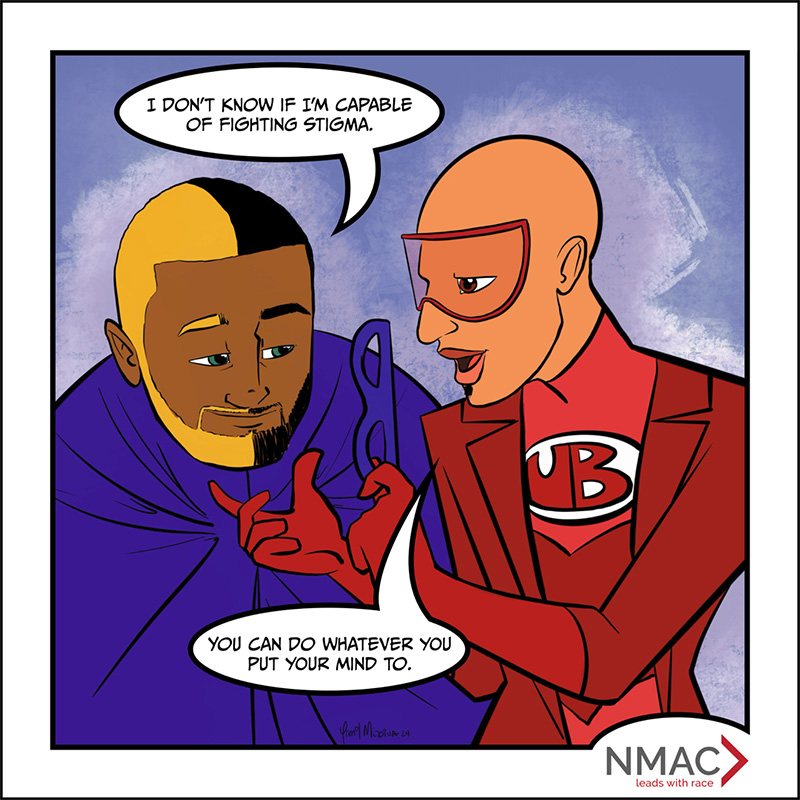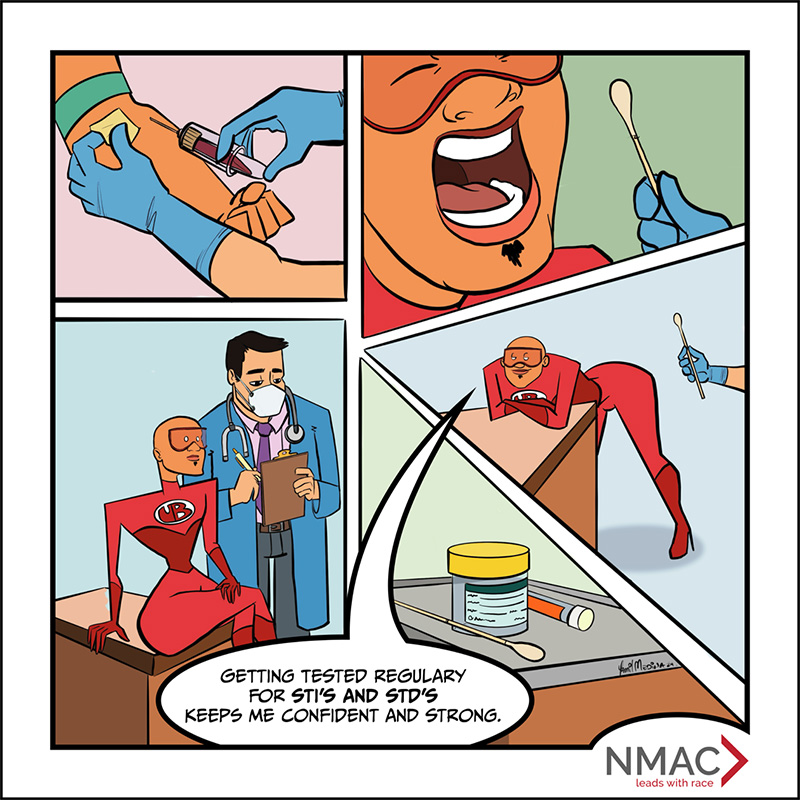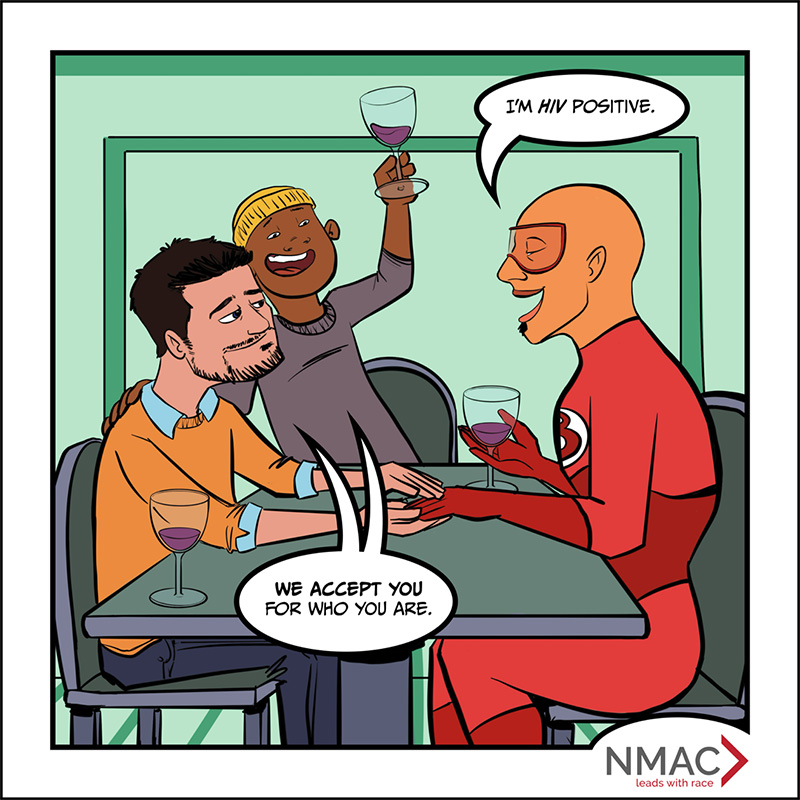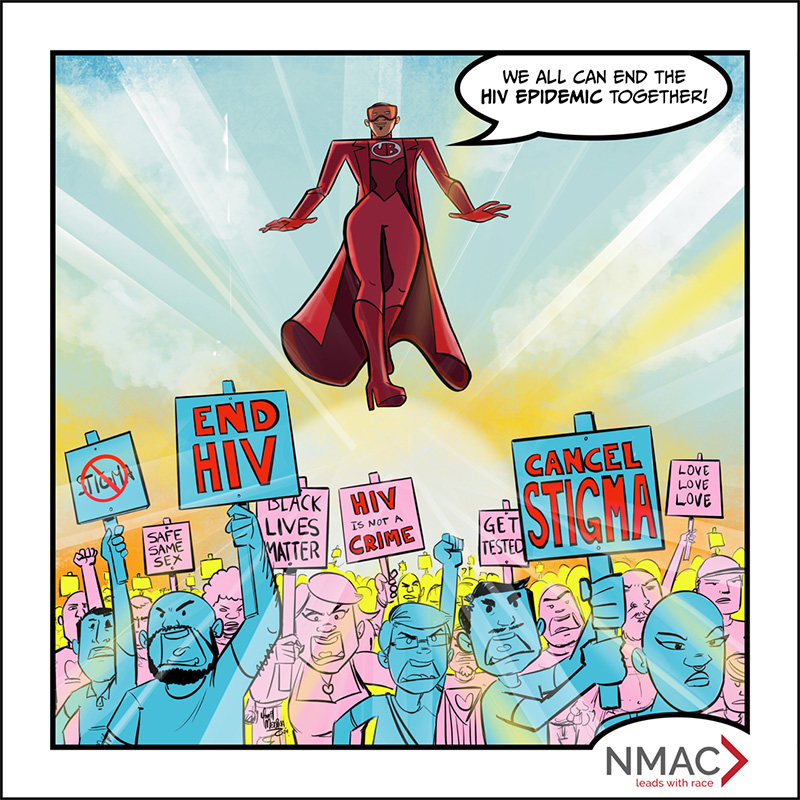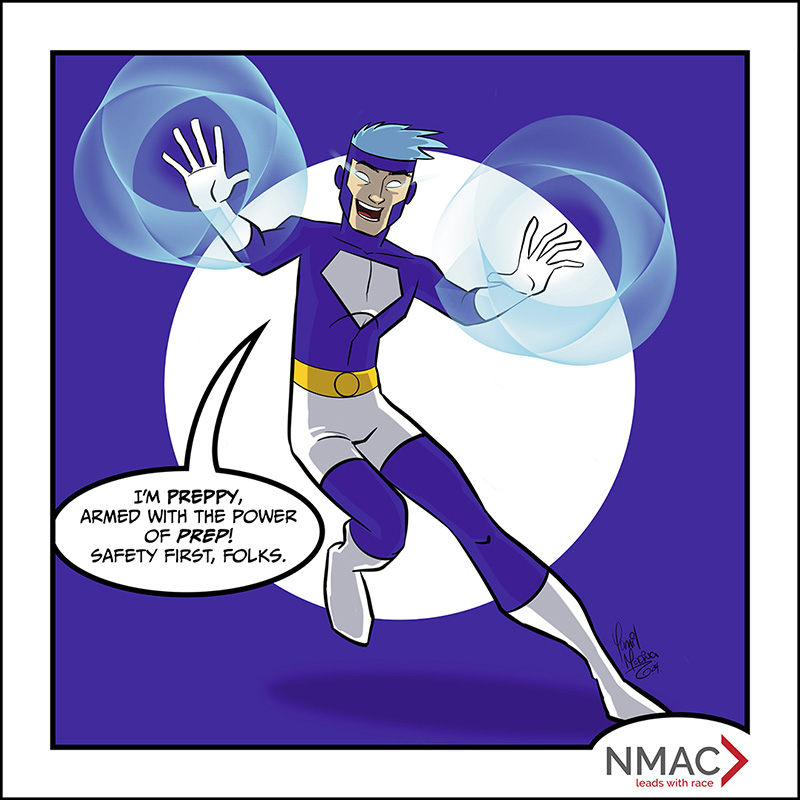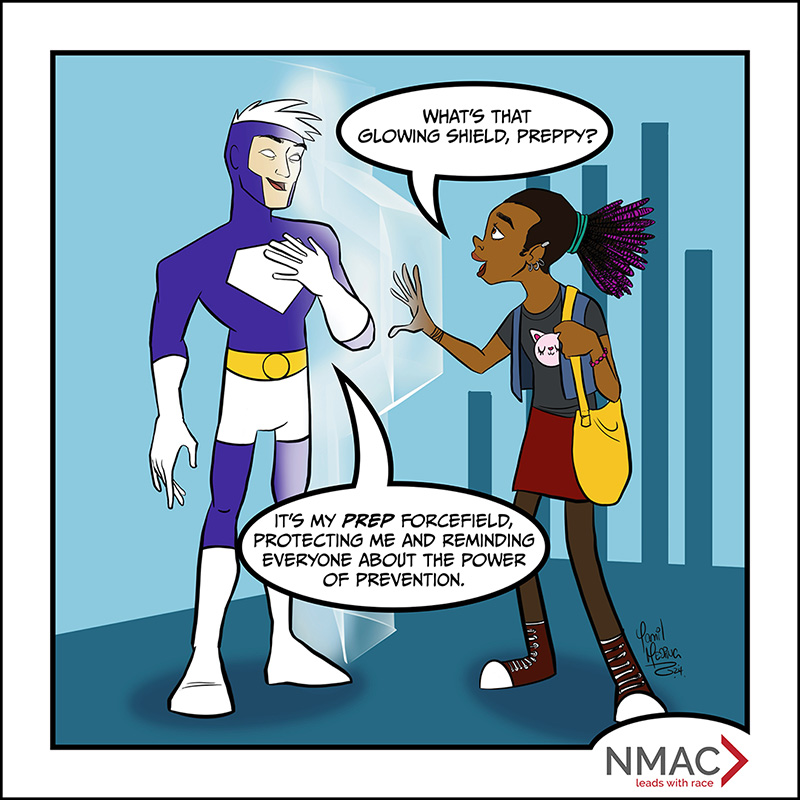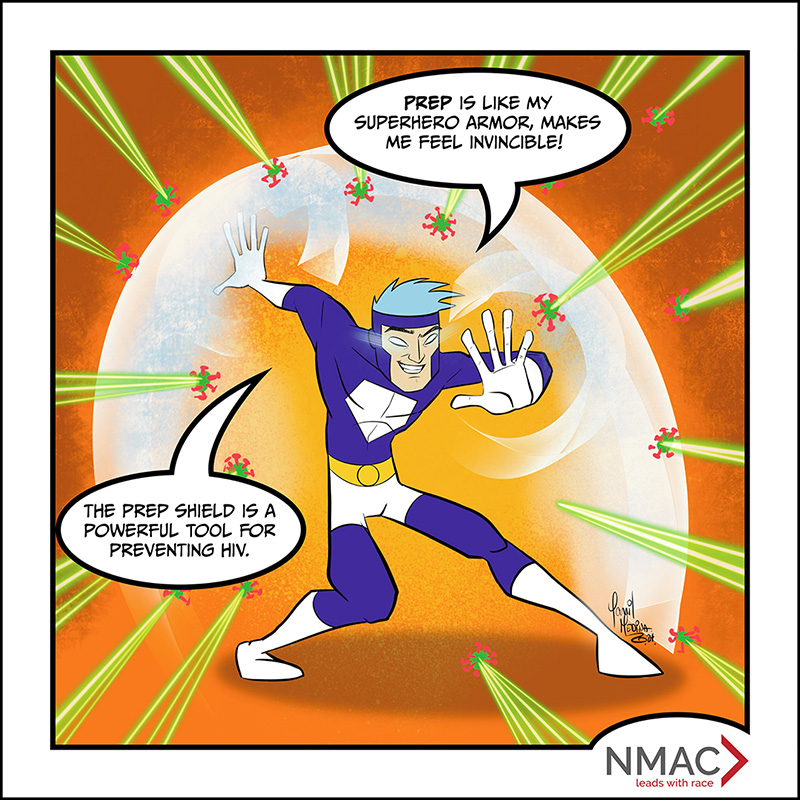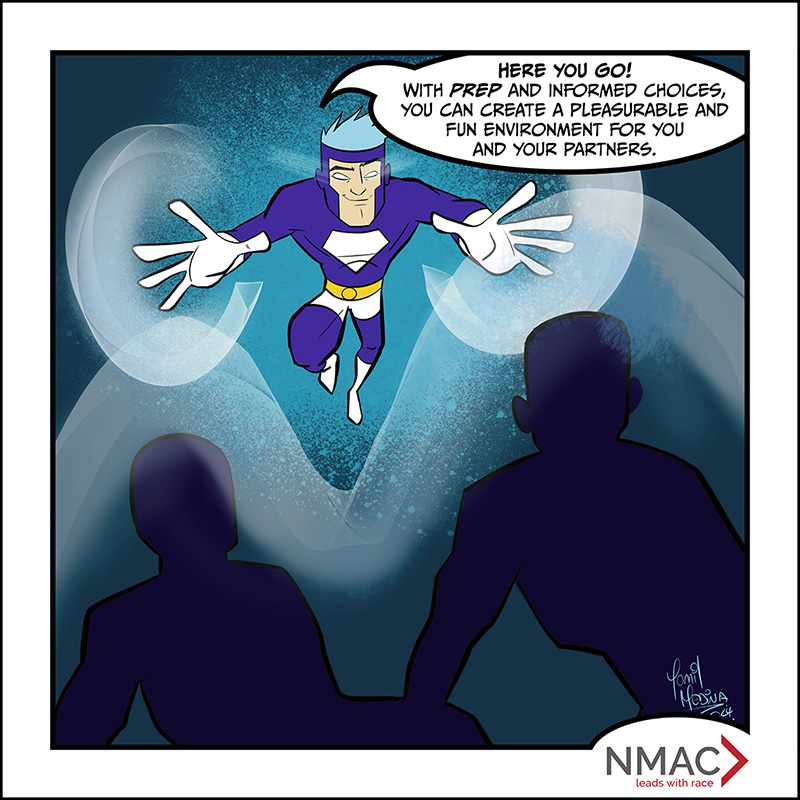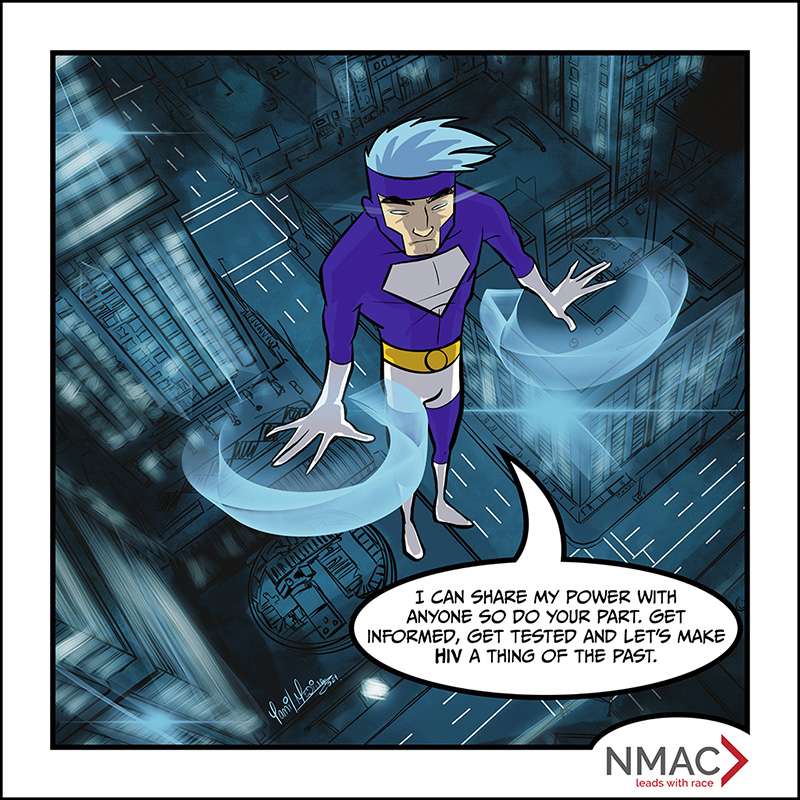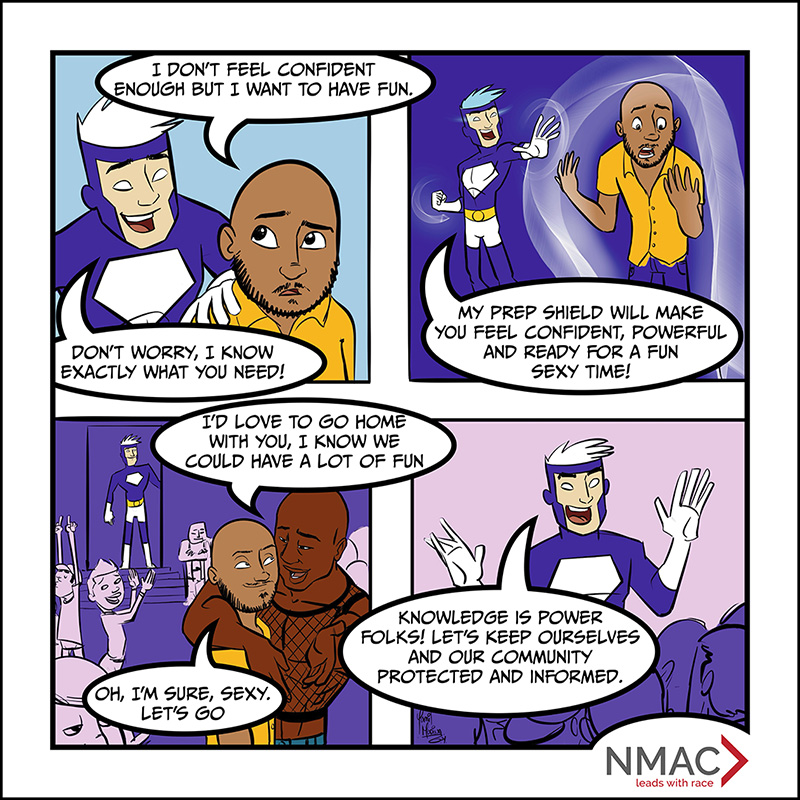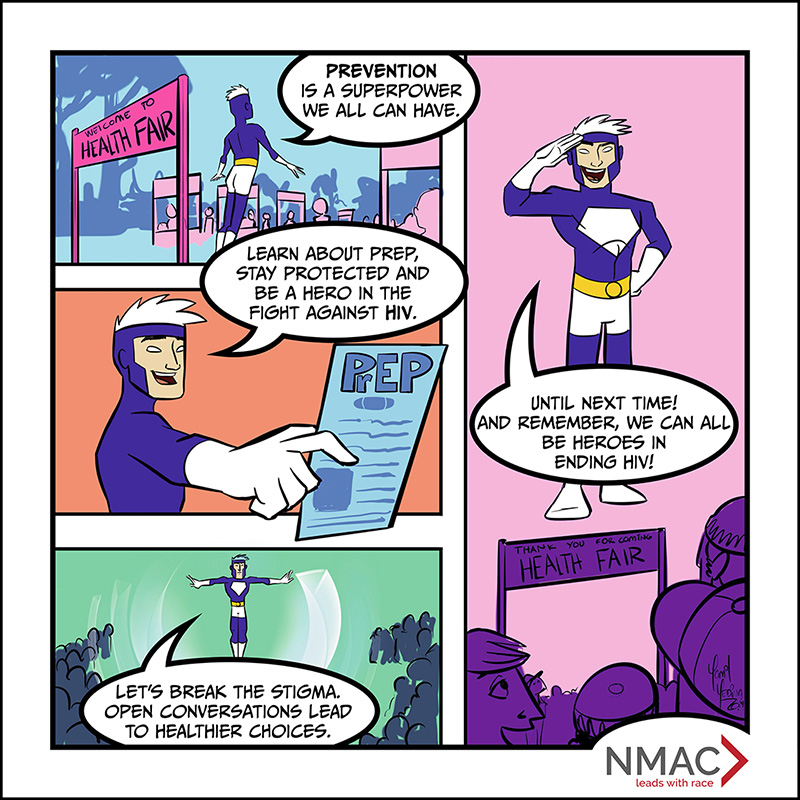The Gay Men of Color(GMoC) Fellowship aims to equip members of this community with essential tools for effective and strategic advocacy, supporting them to actively engage in local and national decision-making processes.
The overarching goal is to ensure that the HIV movement is led by the voices of those most affected by the epidemic and to build a field force of advocates dedicated to transforming the movement towards an equitable approach to ending HIV.
Why focus on gay men of color?
Efforts need to center gay men of color to address disparities. While overall HIV infection rates have declined, significant racial and ethnic disparities persist. From 2018 to 2022, there was a 12% decrease in estimated HIV infections and a 10% decrease in infections acquired through male-to-male sexual contact. However, male-to-male sexual contact remains the primary mode of HIV transmission, accounting for 67% (21,400) of new infections in 2022.
Source: CDC Publishes New HIV Surveillance Reports
Source: Estimated HIV Incidence and Prevalence
A closer look at the data reveals stark disparities among different racial and ethnic groups. New HIV infections among gay, bisexual, and other men who have sex with men (MSM) decreased by about 16% for Black men (from 8,800 in 2018 to 7,400 in 2022) and by 20% for White men (from 5,500 in 2018 to 4,400 in 2022). In contrast, the number of new infections among Hispanic/Latino MSM remained relatively stable (8,200 in 2018 and 8,300 in 2022). As a result, Hispanic/Latino men represented 39% of the estimated new HIV infections among MSM in 2022.
These disparities highlight the need for targeted efforts to address the unique challenges faced by gay men of color. Structural factors like stigma, discrimination, and limited access to healthcare disproportionately impact these communities. This makes it crucial to develop leaders who can bridge the gap and ensure their peers have the necessary tools to influence public policy that affects their health.
How are the GMOC Fellows selected?
NMAC recruits Fellows from diverse backgrounds across the United States and Puerto Rico. To join the Fellowship, prospective participants must fill out an application detailing their advocacy experience or expectations, their interest in increasing HIV treatment and prevention access for gay men of color, and what they contribute to the overall gay men of color movement.
The application is published at the beginning of each year through NMAC’s newsletter. Subscribe to ensure you don’t miss it!
An Intergenerational Learning Exchange
Cohort members are paired with seasoned advocates, forming mentor-mentee relationships seeking to elevate their professional and HIV advocacy journeys. This personalized mentorship offers tailored guidance, knowledge sharing, and networking opportunities, creating a supportive environment for skill development. Drawing from their expertise, mentors help mentees navigate challenges, set goals, and create the connections necessary to build a gay men of color movement.
Gay Men of Color Fellowship Mentors
*Click to view bios
George Ayala
George Ayala
Russell Campbell
Russell Campbell
Prescott Chow
Prescott Chow
Kenyon Farrow
Kenyon Farrow
Taimur Khan
Taimur Khan
Leandro Mena
Leandro Mena
Daniel Montoya
Daniel Montoya
Gay Men of Color Fellows
*Click to view bios
Joe Anderson, Jr.
Joe Anderson, Jr.
Xavier Chung
Xavier Chung
Dash Daggs
Dash Daggs
DeKeitra
DeKeitra
Carlos Diaz
Carlos Diaz
Cesar Velazquez Felipe
Cesar Velazquez Felipe
Lashawn Hardy
Lashawn Hardy
Emmanuel Harvey
Emmanuel Harvey
Benjamin Ignalino
Benjamin Ignalino
ShaunQuez Ketton
ShaunQuez Ketton
Deon Kirby
Deon Kirby
Adam LeBlanc
Adam LeBlanc
Victor Luna
Victor Luna
Raul Marca
Raul Marca
Edgar Meraz
Edgar Meraz
Andrew Ogata
Andrew Ogata
Rashad Pollard
Rashad Pollard
Dana Rhone
Dana Rhone
Justin Roby
Justin Roby
José Salgado
José Salgado
Gay Men of Color Comic Series
The Gay Men of Color Fellowship provided tools to three of its members to develop a comic series about HIV treatment and prevention. This initiative aims to educate and engage the community through creative storytelling, ensuring that stories come directly from the community and are reflective of their own voices.
The Comic: Bayani
Bayani is one of many HIV superheroes in the world. He spends his time fighting the Stigma Supreme. Why, you ask? Stigma Supreme loves to share misleading and hurtful stories about HIV. These stories keep our family and friends in a state of fear and can prevent them from accessing HIV services such as HIV testing, HIV care, and PrEP. Stand with Bayani, and be brave as we fight together to shut down Stigma Supreme.
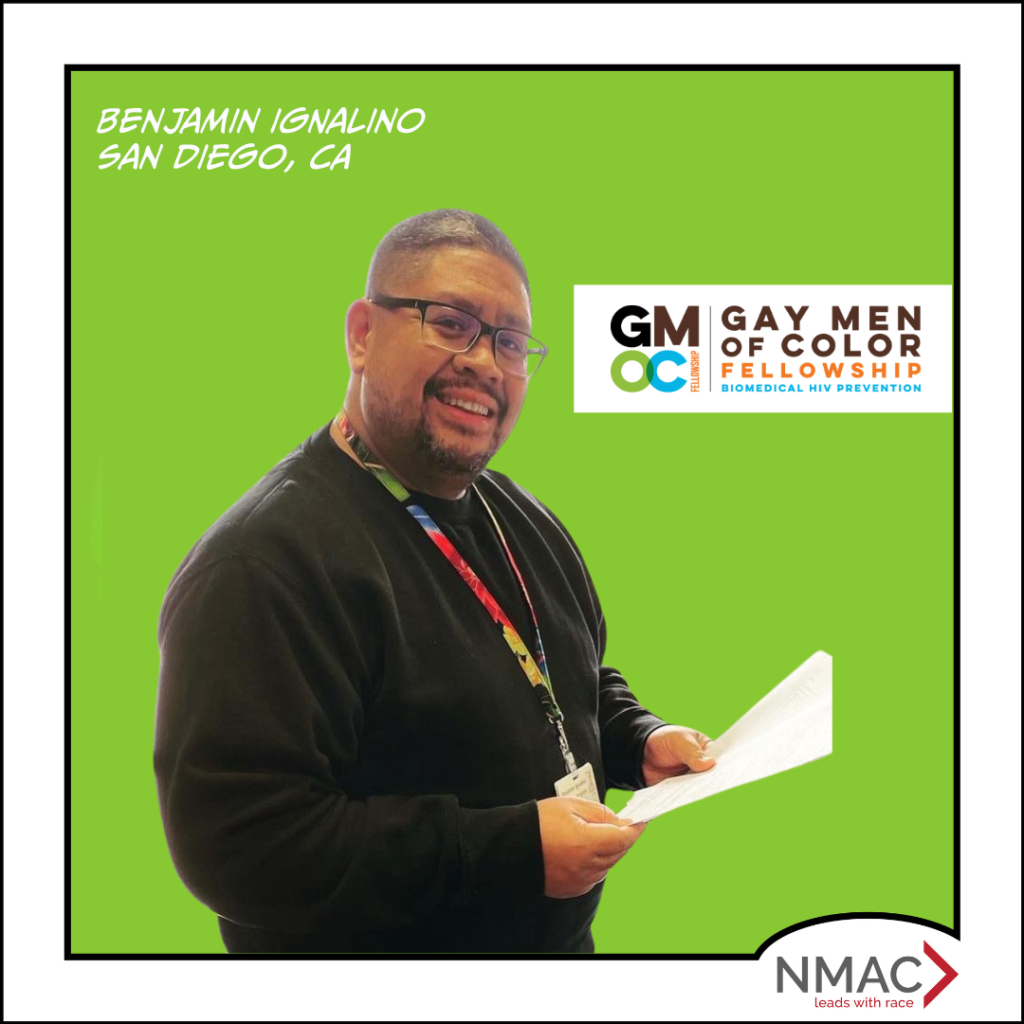
Bayani’s Creator:
Concept developed by Benjamin Ignalino, a proud Asian American who has worked for over 20 years in the HIV field and who currently serves as the Program Manager for the Regional Office at the Pacific AIDS Education and Training Center housed at UCSF in the Department of Family and Community Medicine.
The Comic: UndetectaBAE
UndetectaBAE is a mentor, speaker, leader, fashionista and the newest HIV-positive superhero joining the fight to end HIV stigma. They use the power of U=U to continue to educate the community on HIV treatment and prevention. By taking one pill a day and getting tested regularly, UndetectaBAE has managed to remain undetectable for 13 years which means that they cannot transmit HIV through sex! Their mission is to uplift the community and inspire everyone to see themselves as a superhero.
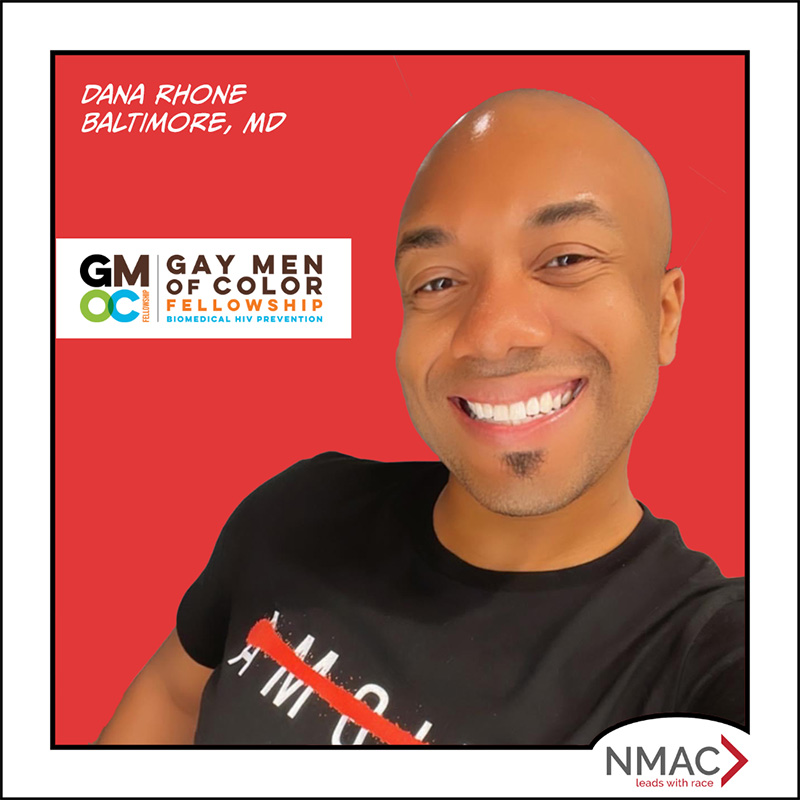
The Comic: PrEPpy
Meet PrEPpy, a superhero with the power of HIV prevention. With his shield, he makes sure everyone has the protection they need to feel confident, sexy, and ready for a good time. Join him on his adventures as he navigates through challenges, educates communities, and empowers others to prioritize their sexual health and well-being.
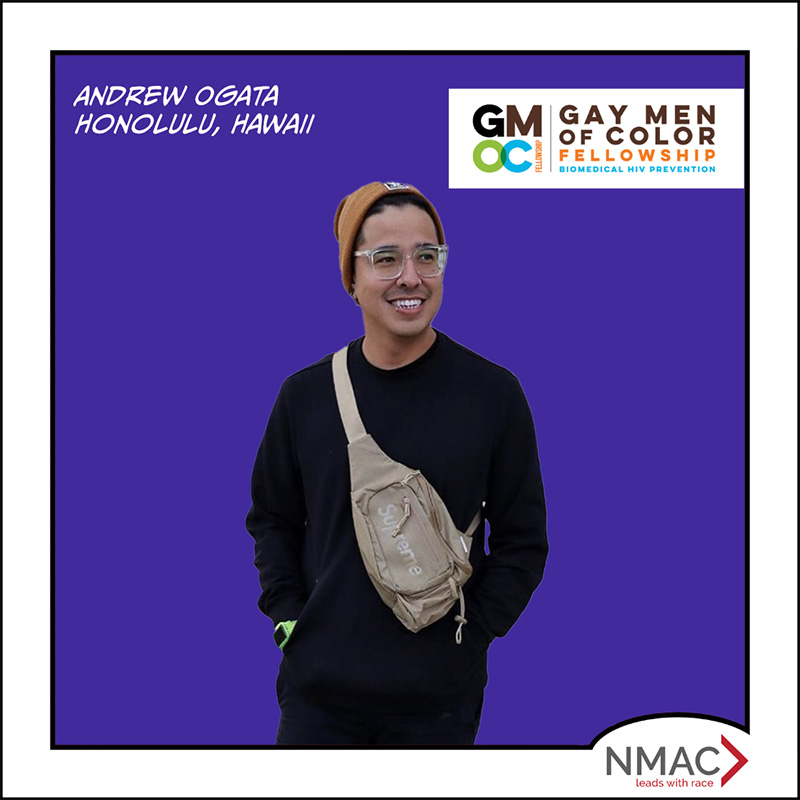
PrEPpy’s Creator:
Concept developed by Andrew Ogata, a fourth-generation Japanese American who hails from the small town of Kealakekua, Hawai’i. With a deep-rooted connection to his heritage and community, Andrew works as the Director of Marketing & Development at the Hawai’i Health and Harm Reduction Center (HHHRC).
Give Andrew a follow on Instagram!

